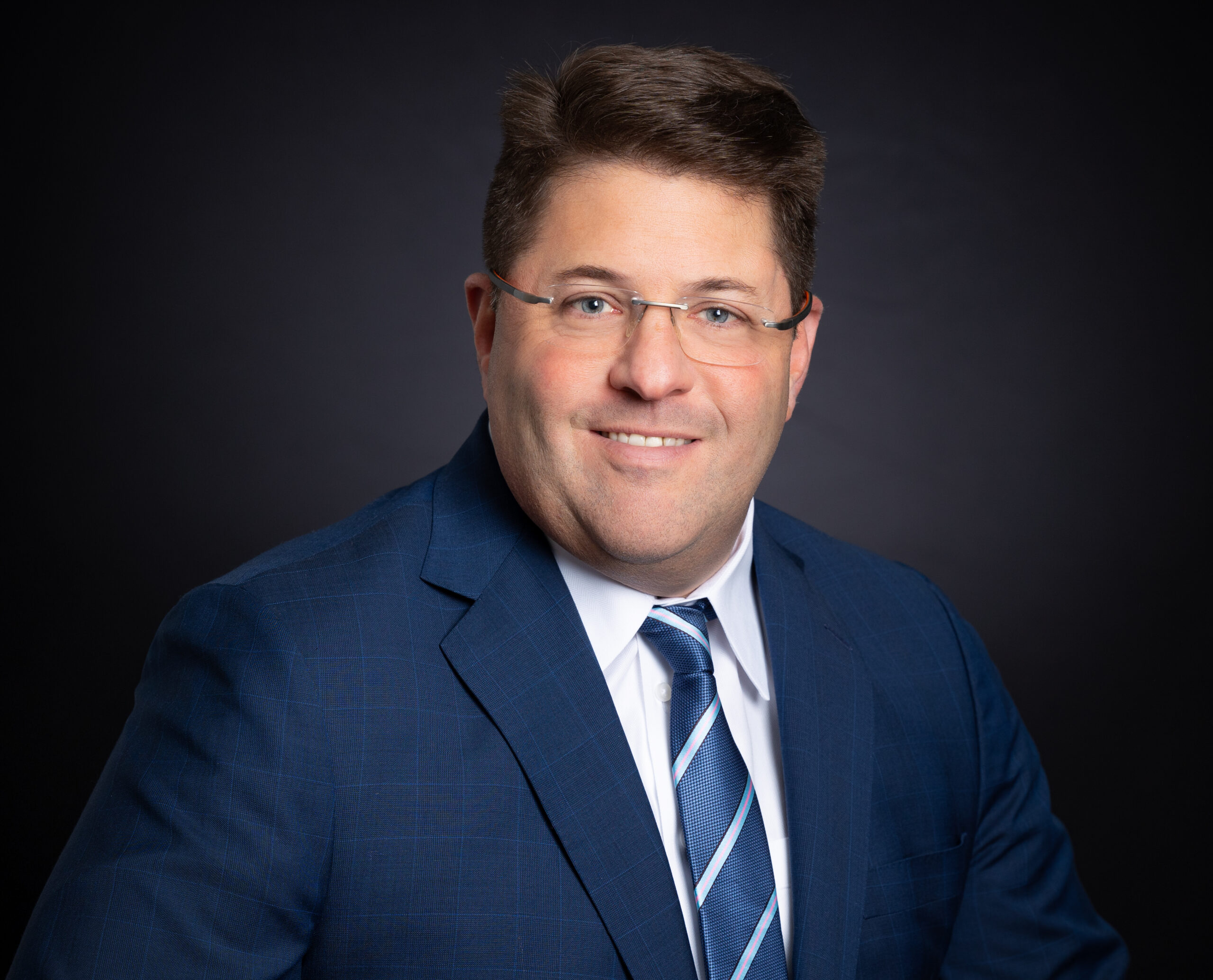
A healthcare proxy and a power of attorney (POA) are two legal documents that grant individuals the authority to make crucial decisions on behalf of someone else. While they share some similarities, they serve distinct purposes within personal and medical decision-making. It’s essential to recognize the differences between a healthcare proxy vs. power of attorney and use them appropriately. Healthcare proxies focus exclusively on medical decisions, whereas powers of attorney cover a broader spectrum of affairs. An experienced New York elder law, estate planning, and probate attorney can help you understand the difference between health care proxy and power of attorney.
Healthcare Proxy vs. Medical Power of Attorney
Healthcare proxies and POAs are critical tools for safeguarding individuals’s interests and upholding their wishes when they cannot act for themselves.
Healthcare Proxy
A healthcare proxy is a legal document that empowers an individual, referred to as the “principal” or “grantor,” to designate a trusted person, known as the “healthcare agent” or “proxy,” to make healthcare decisions on their behalf in the event they become unable to do so themselves. This crucial document is an essential component of advanced healthcare planning. It ensures that an individual’s medical preferences and treatment choices are honored when they are incapacitated, unconscious, or unable to communicate their wishes.
The primary purpose of a healthcare proxy is to provide a clear and legally binding framework for medical decision-making. It allows individuals to appoint someone they trust to act as their surrogate decision-maker and advocate for their healthcare preferences when they can no longer make informed choices.
Elements of a Healthcare Proxy
By creating a healthcare proxy, individuals take proactive steps to ensure that their healthcare decisions remain under their control, even when they cannot make those decisions themselves. However, these legally binding documents must meet relevant regulations.
Scope of authority
The document outlines the scope of the healthcare agent’s authority. It covers various medical decisions, including treatment options, surgery, medication, and end-of-life care. The agent’s authority may be as broad or specific as the principal desires.
Decision-making criteria
The healthcare proxy may specify the criteria that should guide the agent’s decision-making, such as the principal’s values, religious beliefs, and specific preferences regarding medical interventions.
Revocability
The principal retains the right to revoke or change their healthcare proxy at any time, as long as they are of sound mind and can communicate their wishes.
Witnesses and notarization
Depending on state laws, a healthcare proxy may require witnesses or notarization to enhance its validity and credibility.
Advance directives
A healthcare proxy is often used with other advance directives, such as living wills, to provide comprehensive guidance for medical care in various situations.
Agent selection
Choosing a healthcare agent is a critical decision. The agent should be someone the principal trusts implicitly, understand their values and preferences, and be willing to carry out their wishes faithfully.
Medical decisions may fall to family members or healthcare providers without a healthcare proxy, potentially leading to confusion, disagreements, and decisions not aligning with the individual’s wishes. It is essential to responsible and thoughtful healthcare planning, offering peace of mind and clarity during challenging times.
Medical Power of Attorney
A medical power of attorney is a legally binding document that allows an individual to appoint another person to make medical decisions on their behalf if they become incapable of doing so themselves.
Characteristics of a Medical Power of Attorney in New York
A medical power of attorney is legally recognized in New York, provided it complies with state-specific laws and regulations. The appointed healthcare agent has the authority to make healthcare decisions for the principal. The document should outline the scope of the healthcare agent’s powers. It typically covers various healthcare decisions, including medical treatments, surgical procedures, medication administration, and end-of-life care. The principal can specify the extent of authority or limitations as desired.
Scope of authority
The main difference between a healthcare proxy and a medical power of attorney is their scope of authority. In contrast to a healthcare proxy, a medical power of attorney encompasses a broader range of legal and financial matters in addition to healthcare decisions.
Decision-making criteria
New York law stipulates that the healthcare agent must make decisions following the principal’s known wishes, including any expressed or otherwise communicated in the document. If the principal’s wishes are unknown, the agent should make decisions in the principal’s best interests.
Witnesses and notarization
In New York, a medical power of attorney may require two adult witnesses to the principal’s signature, although notarization is not mandatory. The witnesses must not be the appointed healthcare agent or related to them, ensuring impartiality.
Revocability
The principal can revoke or change their medical power of attorney at any time, provided they are of sound mind and can communicate their intentions.
A medical power of attorney empowers the designated agent to act in the principal’s best interests, promoting control and dignity in healthcare decision-making.
Do You Have Questions for an Experienced Estate Planning Attorney?
If you are interested in learning more about the difference between a healthcare proxy and a medical power of attorney, reach out to the dedicated New York estate planning lawyers at
The Law Office of Andrew M. Lamkin, P.C. At our estate planning firm, we take pride in providing our clients with thoughtful and well-reasoned legal advice designed to provide peace of mind for decades to come. We also offer free consultations to all prospective clients with no obligation to retain our services. To learn more and to schedule a free consultation today, call the Law Office of Andrew M. Lamkin, P.C. You can also connect with us through our secure online contact form.


